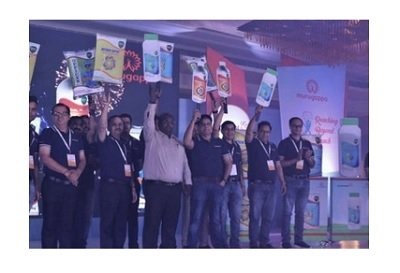Guwahati Declaration encourages advancement in discoveries through sustainable routes
Guwahati Declaration was recently unveiled by Dharmendra Pradhan, Union Minister of Education, Entrepreneurship and Skill Development and Dr Himanta Biswa Sarma, Chief Minister of Assam during the recently held North East Research Conclave (NERC) 2022 at IIT Guwahati.
The Guwahati Declaration launched at the valedictory function of the conclave by Lok Ranjan, Secretary, Ministry of Development of North Eastern Region (DONER), in the presence of Kailash Karthik, Deputy Commissioner, Kamrup is intended to create a set of guidelines, through which individual, as well as a collective responsibility to promote and encourage innovation at the grass-root level and strive to stimulate and execute indigenisation and entrepreneurship, can be taken up. It also encourages advancement in discoveries through sustainable routes.
At least 100 start-ups are expected to be incubated with around 100 doctoral students to be added within the next three years. The ecosystem support necessary for these developments will be provided for achieving their success.
Under this declaration, a framework to achieve holistic and converging objectives and build targeted mission-mode collaborative efforts will be initiated. Progress on ten broad thrust areas will be initiated that would lead to sustainable socio-economic development, efficient bio-resources utilisation, automation of indigenous tools and technology, disaster management, and climate change aspects.
These broad working areas include:
1. Biomedical and environmental devices development and testing
2. Food processing technology
3. Advanced functional materials and biomaterials
4. Drug discovery from natural resources
5. Drone technology development and application
6. High altitude waste management
7. Fossil fuel and alternative energy utilisation and devices
8. Geo-spatial technology
9. Livelihood projects
10. Automation in agriculture, sericulture, pisciculture
The declaration requires individuals and institutions to build upon their strengths and expertise for promoting and nurturing innovation at the grass-root level, engaging individuals from an early level to inculcate the values of innovative thinking and collective growth.
Institutes and universities across the northeast region and nation will have to be intertwined with various state and central government ministries, PSUs and industries and create a knowledge centre, facilitating the declaration objectives.
Guwahati Declaration encourages advancement in discoveries through














